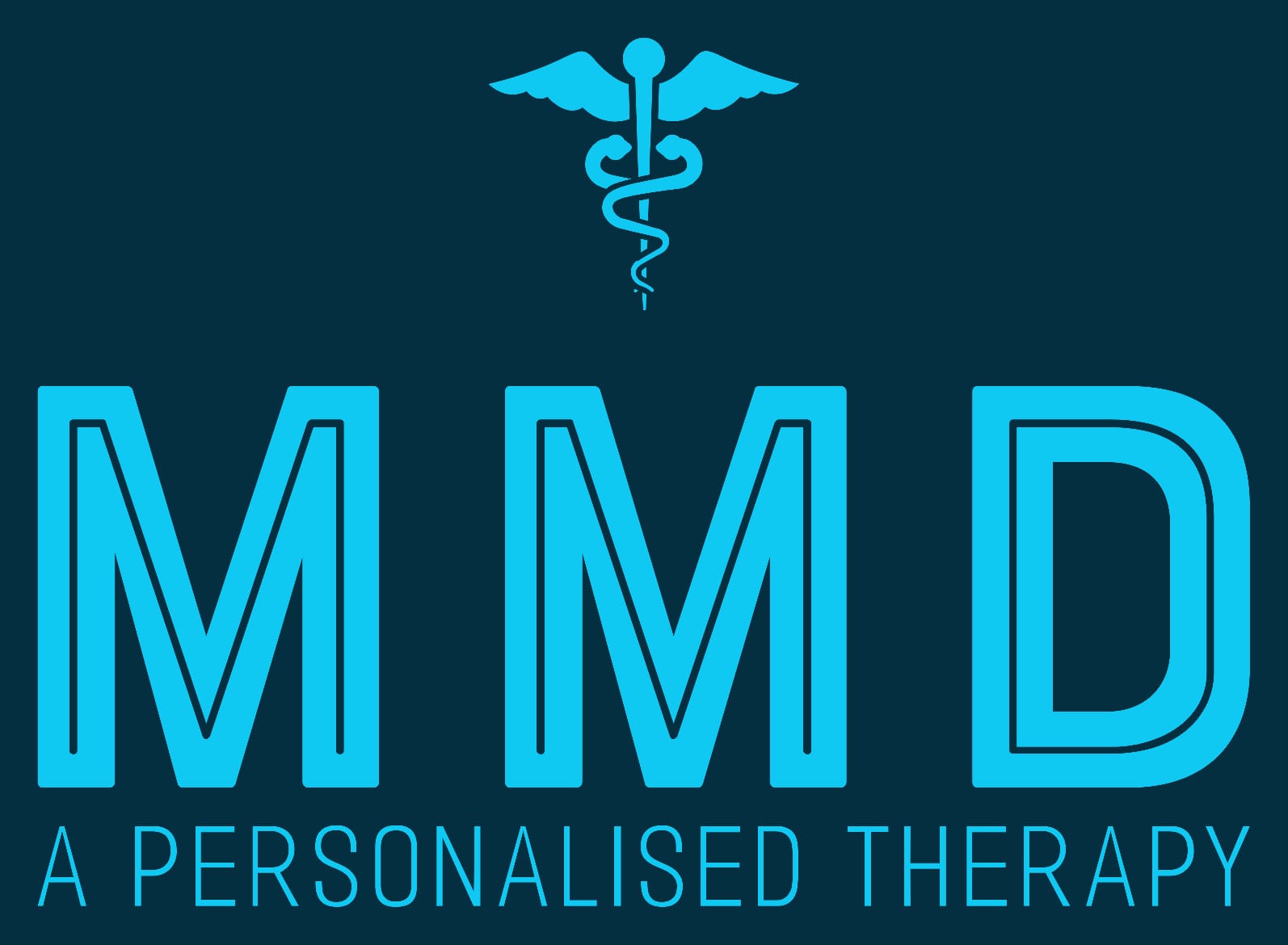Headaches are very common. Almost everyone will experience them multiple times in their life. The main symptom of a headache is pain in the head or face. There are different types of headaches, with tension headaches being the most common. Most headaches are not dangerous. However, some types can signal a more serious underlying condition.
What is a Headache?
A headache is pain in your head or face. It can feel like pressure, throbbing, sharp, dull, or constant. Headaches vary in type, intensity, location, and how often they happen. They are very common. Most people will have them many times in life. Headaches are the most common type of pain and a frequent reason for missing work or school or visiting a doctor.
Most headaches are not dangerous. However, some types can indicate a more serious condition.
Types of Headaches
There are over 150 types of headaches. They are grouped into two main categories: primary and secondary headaches.
Primary Headaches
Primary headaches happen when pain-sensitive areas in your head become overactive or don’t work properly. They are not caused by another medical condition. Genetics can make some people more likely to get them.
Common types of primary headaches include:
- Tension-type headaches – the most common type.
- Migraine headaches
- Cluster headaches
- New daily persistent headaches (NDPH)
Triggers for Primary Headaches
Some primary headaches can be set off by lifestyle habits or certain situations. Common triggers include:
- Alcohol, especially red wine
- Certain foods, like processed meats with nitrates
- Nicotine use
- Changes in sleep or not getting enough sleep
- Poor posture
- Physical activity, such as exercise (exertion headaches)
- Skipping meals (hunger headaches)
- Straining, like coughing, sneezing, blowing your nose, bowel movements, laughing, or crying vigorously (cough headaches)
Primary headaches are usually not dangerous, but they can be very painful and disrupt daily life.
Secondary Headaches
Secondary headaches happen because of another medical condition. They are a symptom, not the main problem.
Some secondary headaches are not dangerous and go away when the underlying cause is treated. These include:
- Dehydration headaches
- Sinus headaches
- Medication overuse headaches
Other secondary headaches can be serious or life-threatening. These need prompt medical attention:
- Spinal headaches: These happen when spinal fluid leaks from the membrane around the spinal cord, often after a spinal tap. Most can be treated at home, but if untreated, they may lead to serious complications like bleeding in the brain or seizures.
- Thunderclap headaches: These are extremely painful and come on suddenly, reaching peak intensity in under a minute and lasting at least five minutes. While sometimes harmless, they may signal serious issues, such as:
- Head injury
- Brain bleeding
- Reversible cerebral vasoconstriction syndrome
- Sudden, severe rise in blood pressure
Who Do Headaches Affect?
Anyone can get a headache: children, teens, and adults. In fact, about 96% of people will experience a headache at least once in their lives.
- Around 40% of people worldwide get tension-type headaches.
- About 10% of people have migraine headaches.
Symptoms and Causes of Headaches
What Causes a Headache?
Headaches happen when signals between your brain, blood vessels, and nerves get activated. Specific nerves affect muscles and blood vessels, sending pain signals to your brain. This is what causes the headache.
Are Headaches Hereditary?
Yes, headaches, especially migraines, can run in families. Children with migraines often have at least one parent who experiences them. Kids with parents who have migraines are up to four times more likely to get them.
Environmental factors at home can also trigger headaches, such as:
- Certain foods or drinks (caffeine, alcohol, chocolate, cheese, fermented foods)
- Allergens
- Secondhand smoke
- Strong odors from chemicals or perfumes
Headache Symptoms That Require Immediate Medical Care
Seek medical help right away if you or your child has:
- A sudden, severe headache
- Headache with fever, shortness of breath, stiff neck, or rash
- Headaches after a head injury or accident
- A new type of headache after age 55
Also, get urgent care if the headache comes with neurological symptoms:
- Weakness or numbness
- Dizziness or sudden loss of balance
- Paralysis
- Speech difficulties
- Mental confusion or personality changes
- Seizures
- Vision changes (blurry vision, double vision, or blind spots)
Diagnosis and Tests
How Are Headaches Evaluated?
If you have frequent or very severe headaches, see a healthcare provider.
Correct diagnosis is important so your provider can recommend the right treatment. They will:
- Do a physical exam
- Review your medical history
- Ask about your headache symptoms
What Your Provider Will Ask?
During your evaluation, your provider may ask about:
- How do your headaches feel
- How often do they happen
- How long do they last
- How severe the pain is
- Triggers like food, drinks, or events
- Caffeine intake
- Stress level
- Sleep habits
They may also ask:
- When the headaches started
- Whether there’s one type or multiple types of headaches
- If activity makes headaches worse
- Family history of headaches
- Symptoms of headaches
Physical and Neurological Exams
Your provider may check for signs of other conditions, such as:
- Fever or infection
- High blood pressure
- Muscle weakness, numbness, or tingling
- Fatigue
- Loss of consciousness
- Balance problems or frequent falls
- Vision issues (blurry, double, or blind spots)
- Mental confusion or personality changes
- Seizures
- Dizziness
- Nausea and vomiting
Neurological tests help rule out serious diseases of the central nervous system that could cause headaches.
Next Steps
After reviewing your history and exams, your doctor can usually determine:
- What type of headache do you have
- If a serious problem exists
- Whether more tests are needed
If the cause is unclear, you may be referred to a headache specialist for further evaluation.
What Tests Will Be Done to Diagnose Headaches?
Scans and imaging tests are not usually needed to diagnose migraines, cluster headaches, or tension-type headaches.
However, if your healthcare provider suspects that another medical condition is causing your headaches, they may order imaging tests such as:
- CT Scan: Creates detailed cross-sectional images of your brain to check for abnormalities.
- MRI: Provides detailed images of the brain and central nervous system to detect any issues that could be causing headaches.
These tests help rule out other medical problems but are not used to directly diagnose common headaches.
Management and Treatment
How a headache is treated depends on its type.
A key part of treating primary headaches is identifying your triggers. Keeping a headache diary can help you spot what causes them. Once you know your triggers, your healthcare provider can suggest the best treatment for you. For example, if stress triggers your headaches, counseling and stress management techniques can help reduce their frequency.
Not all headaches need medication. Treatment options vary depending on the type, cause, and how often headaches.
Stress Management for Headaches
Stress management helps you cope with stressful situations that can trigger headaches. Relaxation techniques like deep breathing, muscle relaxation, guided imagery, and listening to music can reduce tension and prevent headaches.
Biofeedback for Headaches
Biofeedback helps you notice when tension is building in your body. It teaches you how your body reacts to stress and how to calm it down.
During biofeedback, sensors monitor your body’s responses, such as:
- Breathing rate
- Pulse
- Heart rate
- Body temperature
- Muscle tension
- Brain activity
This feedback helps you control physical reactions and reduce headache frequency.
Medications for Headaches
Mild tension headaches often get better with over-the-counter pain relievers. But using them too much can cause daily headaches, called medication overuse headaches. For frequent or severe headaches, a doctor may prescribe stronger medications. Triptans and other drugs can stop a migraine if taken at the first sign. Some medications for high blood pressure, seizures, or depression can also prevent migraines. Your doctor may suggest these to reduce how often headaches happen.
Treating the Underlying Cause of Secondary Headaches
Secondary headaches are caused by another medical problem. Treating the main condition usually stops the headache.
For example, some secondary cough headaches may need surgery to fix the cause.
How Can I Get Rid of a Headache?
You can often treat mild, occasional headaches at home with over-the-counter pain medicine. Other helpful self-care methods include:
- Apply a warm or cold pack to your head.
- Doing gentle stretching exercises.
- Massaging your head, neck, or back.
- Resting in a quiet, dark room.
- Taking a short walk to relax.
How Can I Prevent Headaches?
The best way to prevent headaches is to figure out what triggers them. Triggers are different for everyone what causes a headache for one person may not affect another.
Once you know your triggers, you can avoid or reduce them. For example:
- Strong smells might cause headaches, so avoid perfumes or scented products.
- Watch for other triggers like certain foods, poor sleep, or bad posture.
If you can’t find or avoid your triggers, a headache specialist can create a personalized plan to help prevent headaches.
Take Action Today
Don’t let headaches control your life. Track your triggers, try simple home remedies, and seek professional care if your headaches are severe, frequent, or unusual. Contact a headache massage therapy specialist today at Medical Massage & Detox to get personalized guidance and relief.
Reference Link:
https://my.clevelandclinic.org/health/diseases/9639-headaches



